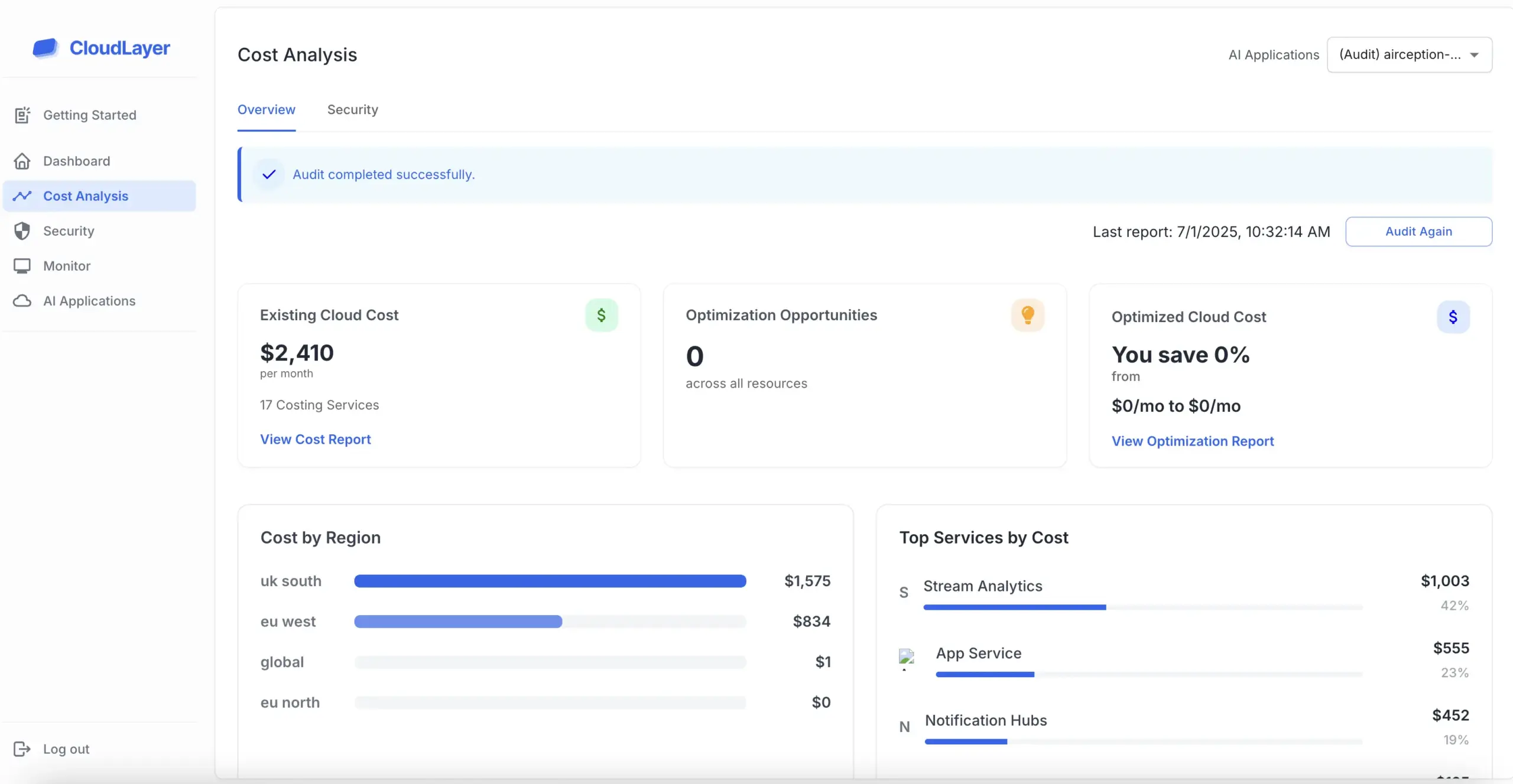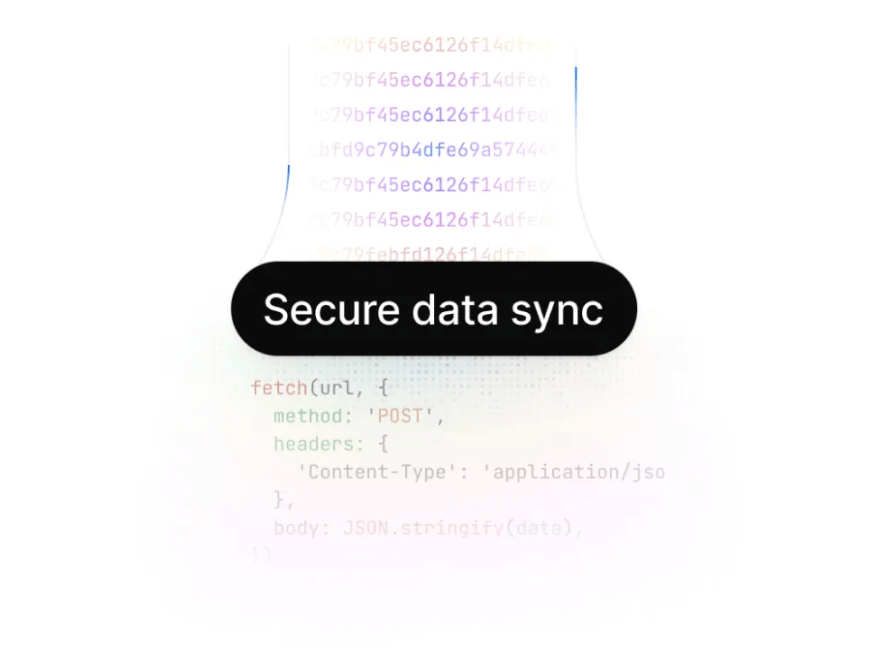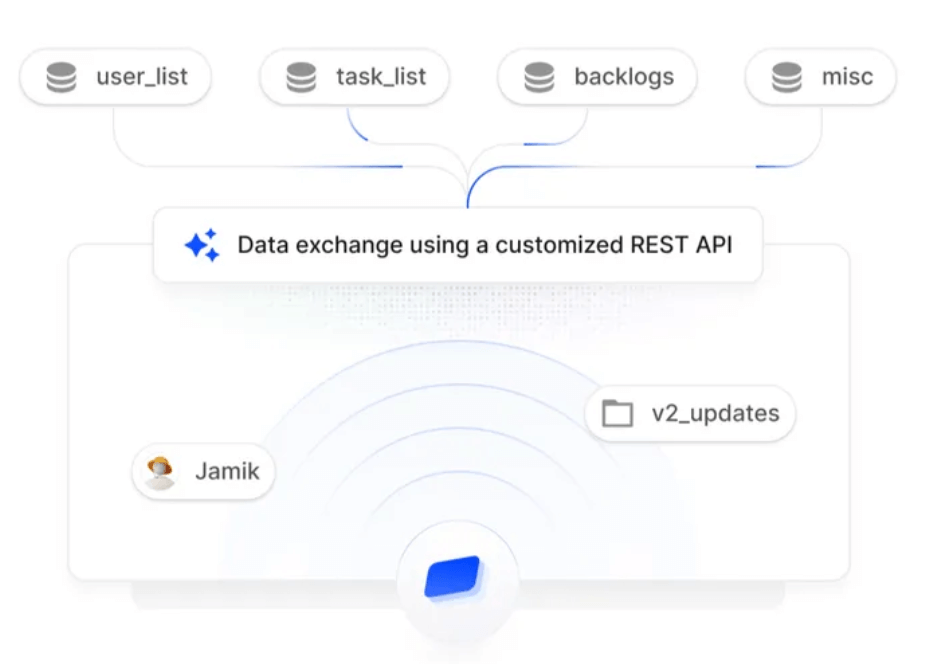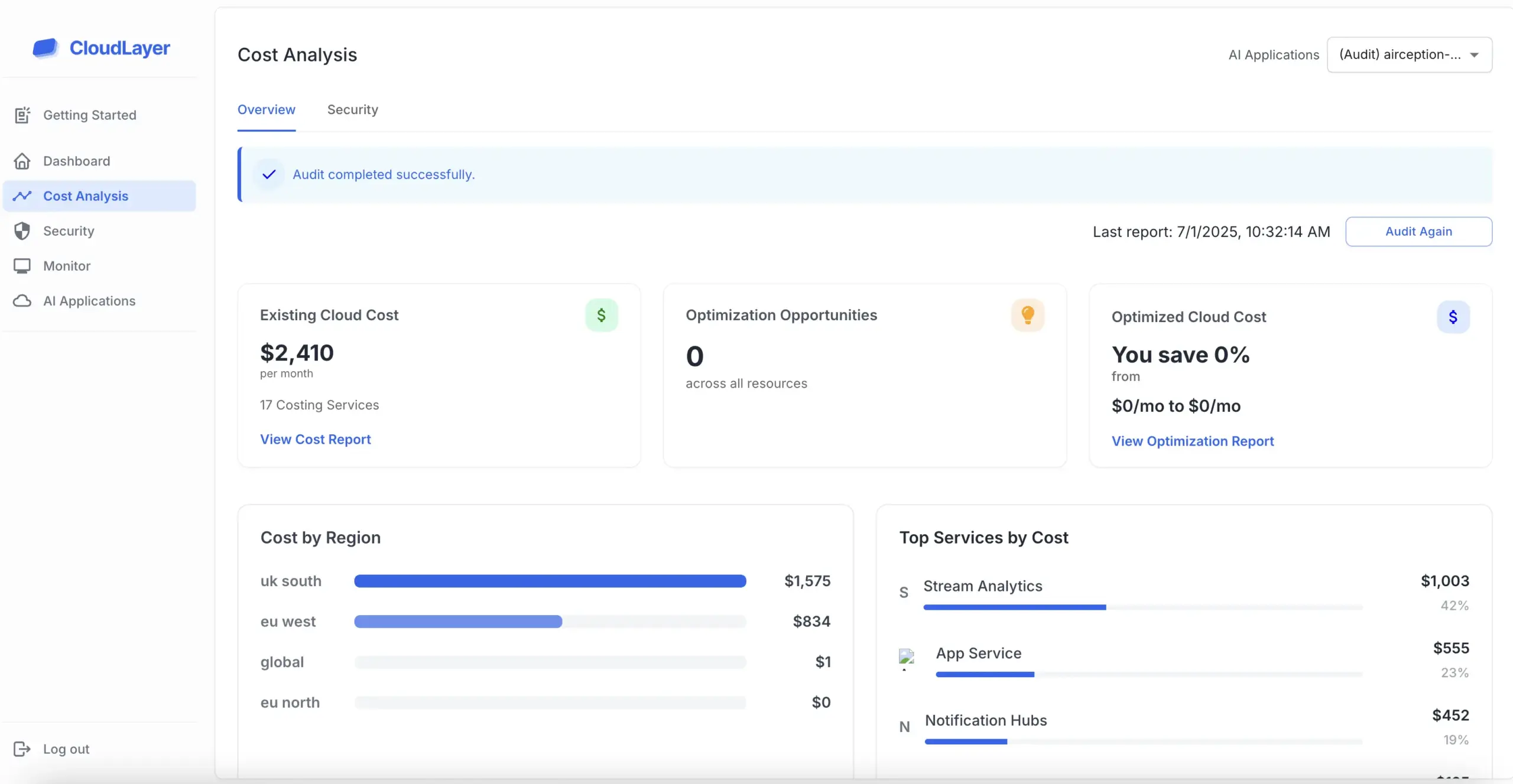

A private cloud is a computing environment that provides dedicated resources and services to a single organization. Unlike public cloud solutions that share resources among multiple users, private clouds ensure that all resources are reserved for one entity, enhancing security and compliance.

The benefits of implementing a private cloud are numerous. Firstly, organizations gain greater control over their data and applications, allowing for customized security measures that align with their specific needs.

When comparing private cloud to public cloud solutions, it’s essential to consider the primary differences in ownership and control. Public clouds are managed by third-party providers, making them more accessible but less secure for sensitive data.

To successfully implement a private cloud, organizations should follow several best practices. Firstly, conducting a thorough assessment of current IT infrastructure can help identify areas needing improvement and ensure a seamless transition.

